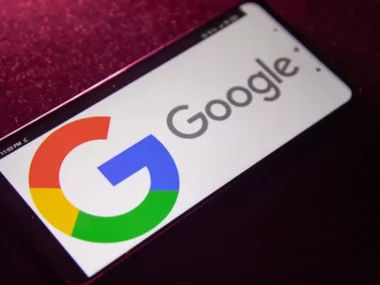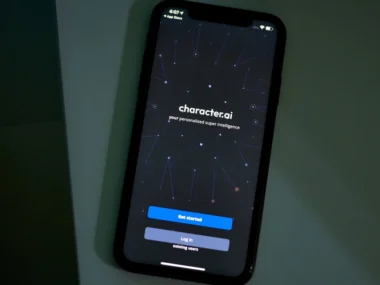Chris Pelkey, who was killed in a road rage shooting in Arizona three years ago, made an appearance earlier this month at his killer’s sentencing with the aid of artificial intelligence. His family used AI to recreate him, enabling him to deliver a victim’s statement using his own words. They employed voice recordings, videos, and images of Pelkey to generate a video with the AI technology, as explained by his sister, Stacey Wales.
Wales crafted the statement based on her understanding of her brother’s forgiving nature. In the statement, the AI version of Pelkey expressed: “To Gabriel Horcasitas, the man who shot me, it is a shame we encountered each other that day in those circumstances. In another life, we probably could have been friends.” The AI Pelkey continued, saying, “I believe in forgiveness, and a God who forgives. I always have and I still do.”
The technology was used during the sentencing of Horcasitas, who had already been found guilty of manslaughter. Four years after Pelkey’s death, the sentencing took place, and Judge Todd Lang seemed to appreciate the AI-generated statement. He sentenced Horcasitas to 10-and-a-half years in prison and acknowledged the sentiment of forgiveness expressed by Pelkey through AI, saying it felt genuine.
Some experts, like retired federal judge Paul Grimm, noted that AI has already been utilized in Arizona’s legal system in other capacities, such as simplifying Supreme Court rulings. He mentioned that using AI in this case was acceptable because it involved only a sentencing decision, not a jury.
However, others, like business ethics professor Derek Leben, expressed concerns about the potential for misuse of AI in legal proceedings. He questioned whether future uses of AI would always align with the victim’s wishes.
For Wales, the use of AI allowed her brother to have the final say. She emphasized that the family approached the technology with ethics, viewing it as a tool with the potential for both constructive and harmful outcomes.











